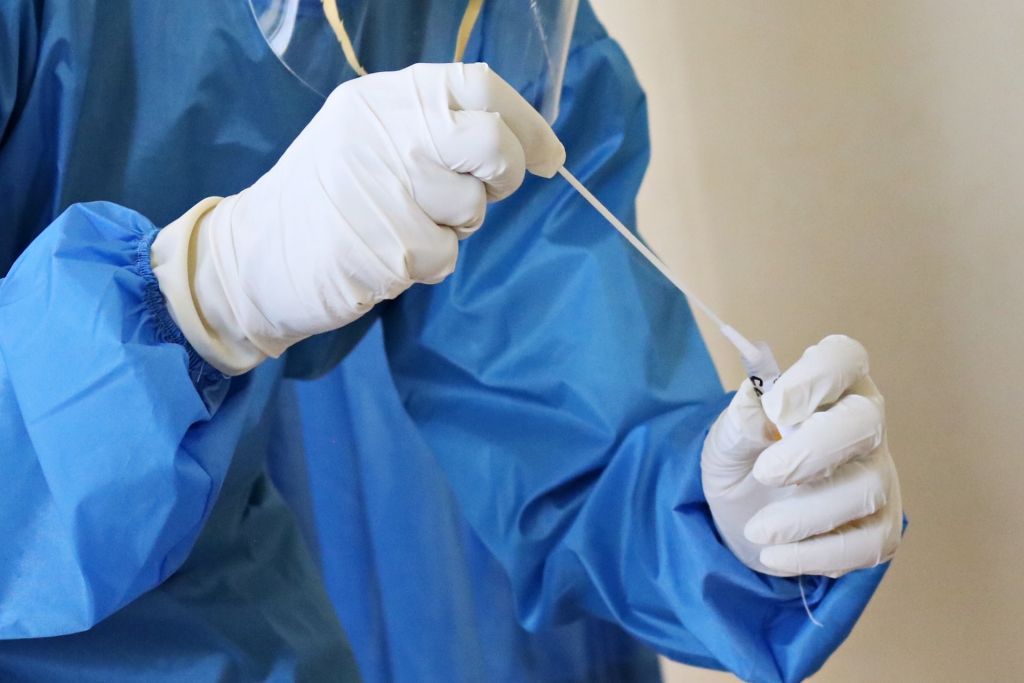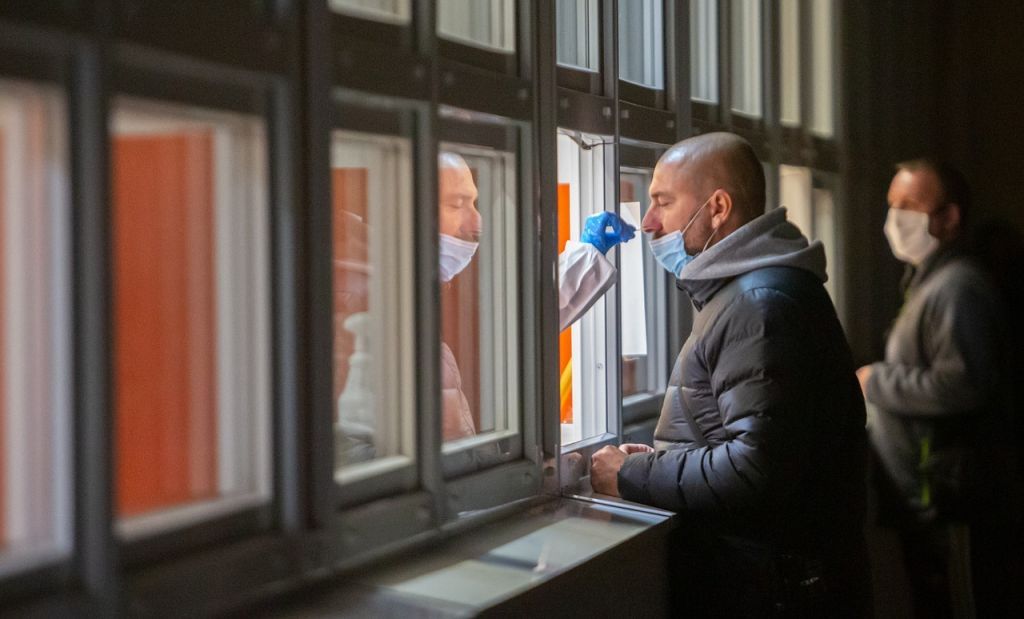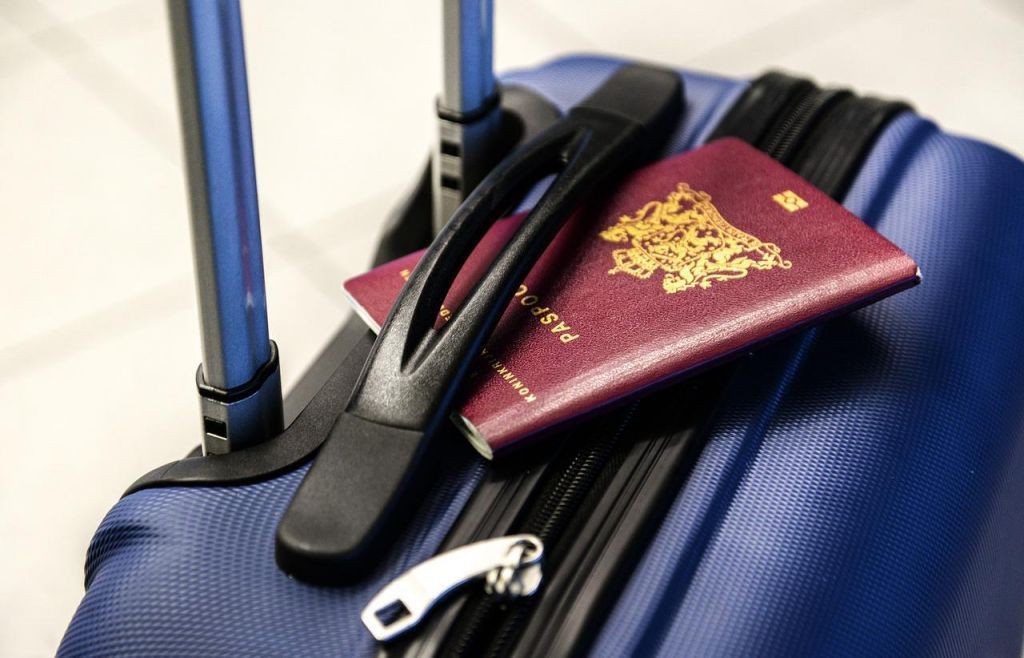In light of emerging evidence on the Omicron variant, from 4am on Tuesday 7 December anyone aged 12 and above wishing to travel to the UK will need to show a negative pre-departure test (LFD or PCR) as close as possible to departure and not more than 48 hours before to slow the importation of the new variant.
Currently, the vast majority of cases in the UK have clear links to overseas travel from South Africa and Nigeria, and over the past week, 21 Omicron cases reported in England originate from Nigeria.
A temporary travel ban will therefore be introduced for all non-UK and non-Irish citizens and residents who have been in Nigeria in the last 10 days, meaning they will be refused entry into the UK. This does not apply to those who have stayed airside and only transited through Nigeria while changing flights.
Last weekend, 10 countries were added to the red list and it was announced that all vaccinated passengers arriving in the UK must take a day two PCR tests and self-isolate until they receive a negative result. Since then, the geographical spread of Omicron has increased considerably, with 37 countries around the world now reporting Omicron cases and over 134 cases identified in the UK.
New analysis conducted by the UK Health and Security Agency (UKHSA) indicates that the window between infection and infectiousness may be shorter for the Omicron variant, which increases the efficacy of pre-departure testing as it is more likely to identify positive cases before travel.
In light of this emerging evidence and the changing global picture with regards to the spread of Omicron, from 4am on Tuesday, anyone wishing to travel to the UK from countries and territories not on the red list must also show proof of a negative PCR or lateral flow (LFD) pre-departure test, taken no earlier than 48 hours before departure. This applies to vaccinated passengers and children aged 12 and above.
Airlines will be required to check for pre-departure tests alongside a completed passenger locator form, and passengers will not be allowed to board a flight without providing evidence of a negative test result. Given the reduced incubation period of the Omicron variant, passengers are advised to take the pre-departure test as close as possible to their scheduled departure to the UK and no earlier than 48 hours before travelling.
These additional measures are vital to delaying the import of additional cases and slow the rise in cases within the UK. However, as the Prime Minister set out on 27 November, all temporary measures will be reviewed after three weeks to ensure that they remain necessary and proportionate, and this will take place on 20 December.
Secretary of State for Health and Social Care, Sajid Javid, said, “We knew this winter would be challenging but the arrival of a new variant means we must further strengthen our defences. As our world-leading scientists continue to understand more about the Omicron variant we are taking decisive action to protect public health and the progress of our COVID-19 vaccination programme.”
“I urge everyone to do their bit to slow the spread by following the new travel rules, wearing masks where mandatory and most importantly getting the booster jab when called,” added Javid.
Anyone arriving from Nigeria before 4am Monday [6 December] will be advised and strongly encouraged to isolate at home, and their household should also self-isolate for 10 days starting with their arrival in England.
Affected individuals will be contacted and offered free PCR tests to be taken on day 8 after their arrival.
Transport Secretary, Grant Shapps, said, “Following developments in the past week, the science shows that we must be cautious in guarding against this new variant and so, while we appreciate this will be difficult for the travel sector, it’s important we prioritise public health.”
“As we learn more about the Omicron variant, we will review these temporary measures to ensure they continue to be proportionate and necessary to protect public health.”
Analysis by the UKHSA suggests there is strong indication of Omicron presence in Nigeria, and several cases identified in the UK are linked to travel from Nigeria. The country also has very strong travel links with South Africa, for example Nigeria is the second most popular flight destination from Johannesburg.













